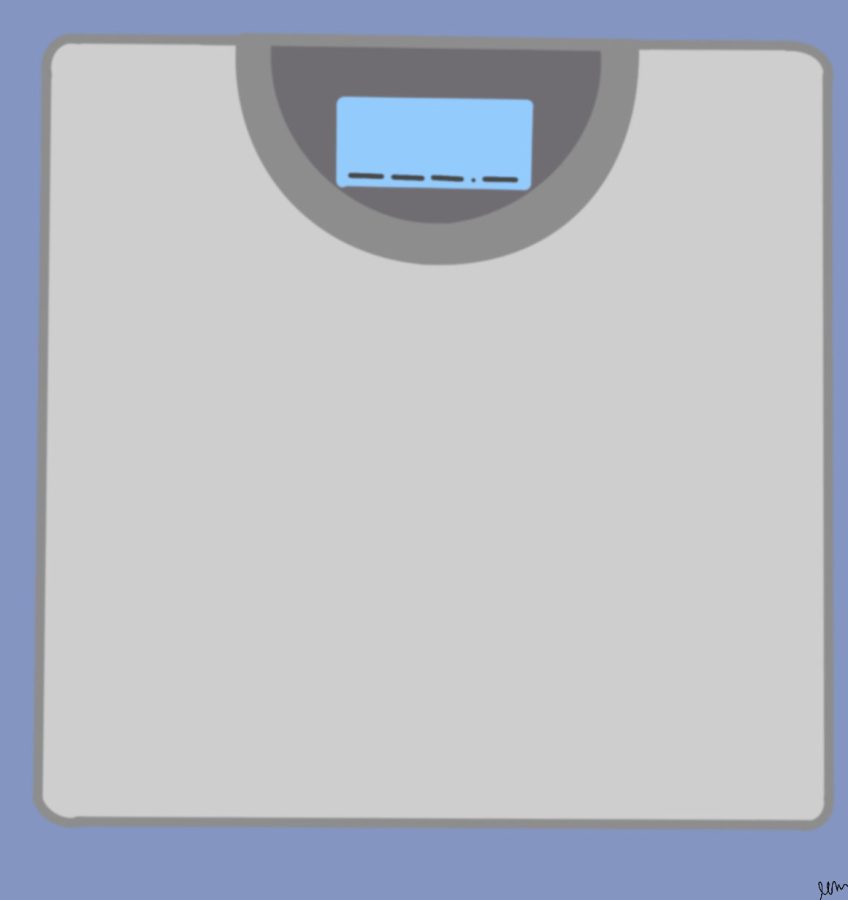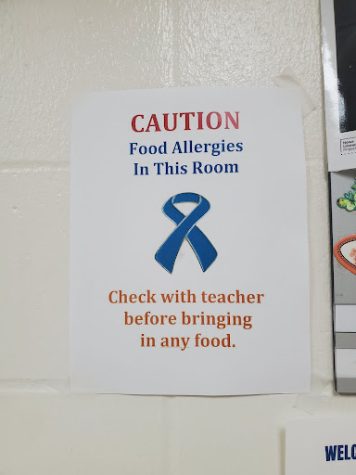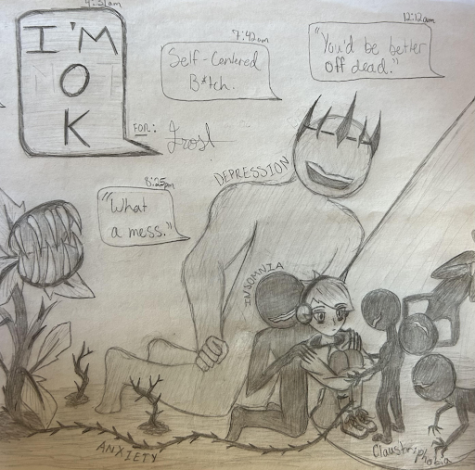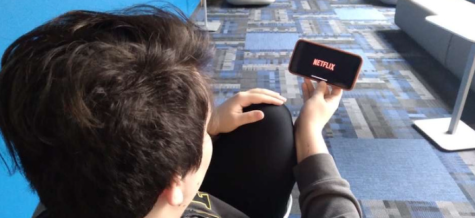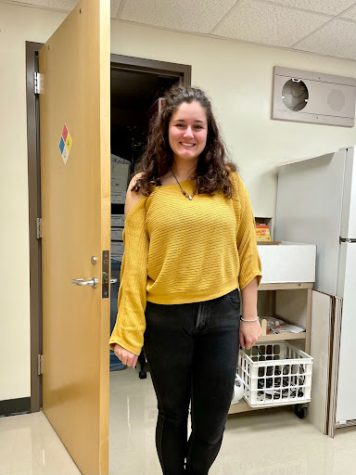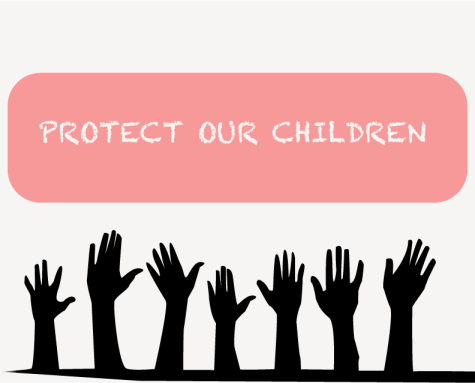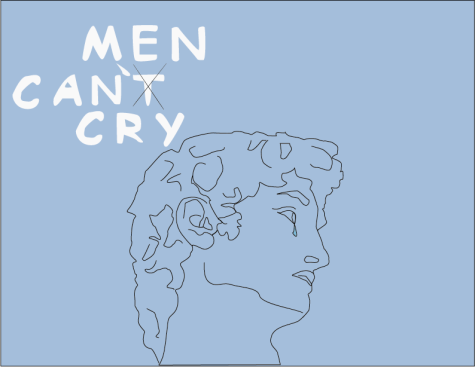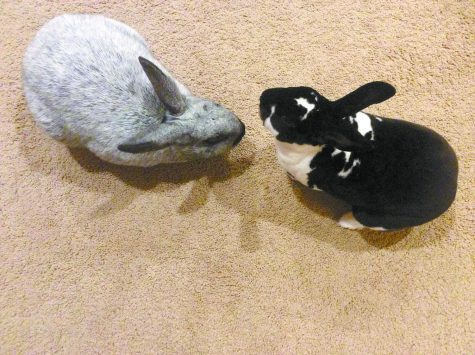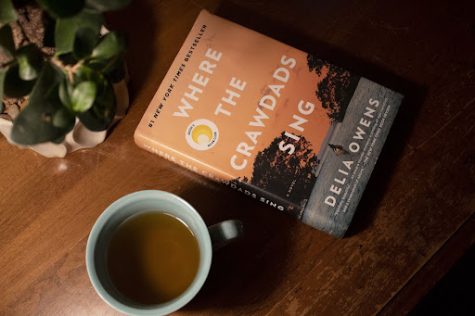bod·y im·age. Noun
the subjective picture or mental image of one’s own body.
A digital drawing of a scale to show that the number that someone weighs is directly affecting their body image.
February 24, 2022
Social media can be a tool of activism and used to spread important information, but it can also show the image of someone’s “perfect” life and the “ideal” body type for women. The media puts unrealistic body standards onto women making them feel like less if they don’t look like that.
With them seeing the unrealistic body standards and the ways they are being told to look, it can make them fall into a state of low self-esteem and along with other mental health issues. This usually affects young and impressionable teenage girls. It can lead them to unhealthy eating habits and can even cause different eating disorders three examples are anorexia, bulimia, and binge eating disorder.
Seeing these images can also cause the perception to change of how someone can see their body. This is called body dysmorphia, and according to Mayo Clinic, “body dysmorphic disorder is a mental disorder in which one can’t stop thinking about “flaws” in their appearance. But they are minor flaws that only that person notices.”
Many young adolescents feel immense pressure to live up to these expectations and sometimes will do anything to achieve it whether it be exercising to dangerous amounts, or having a ruined relationship with food.
Body image can be portrayed in many different ways. Most of the time it’s skinny, tanned white women, with curves, no stretch marks, and no cellulite. A body standard that is almost impossible to achieve.
Society as a whole needs to get this image out of our heads of what the perfect body is. There is no such thing as a perfect body, everybody is unique in their own way and the features on your body are not “flaws.” This expectation can be dangerous, with anybody having access to social media it can put little kids more at risk of developing different insecurities and bad food habitats.
